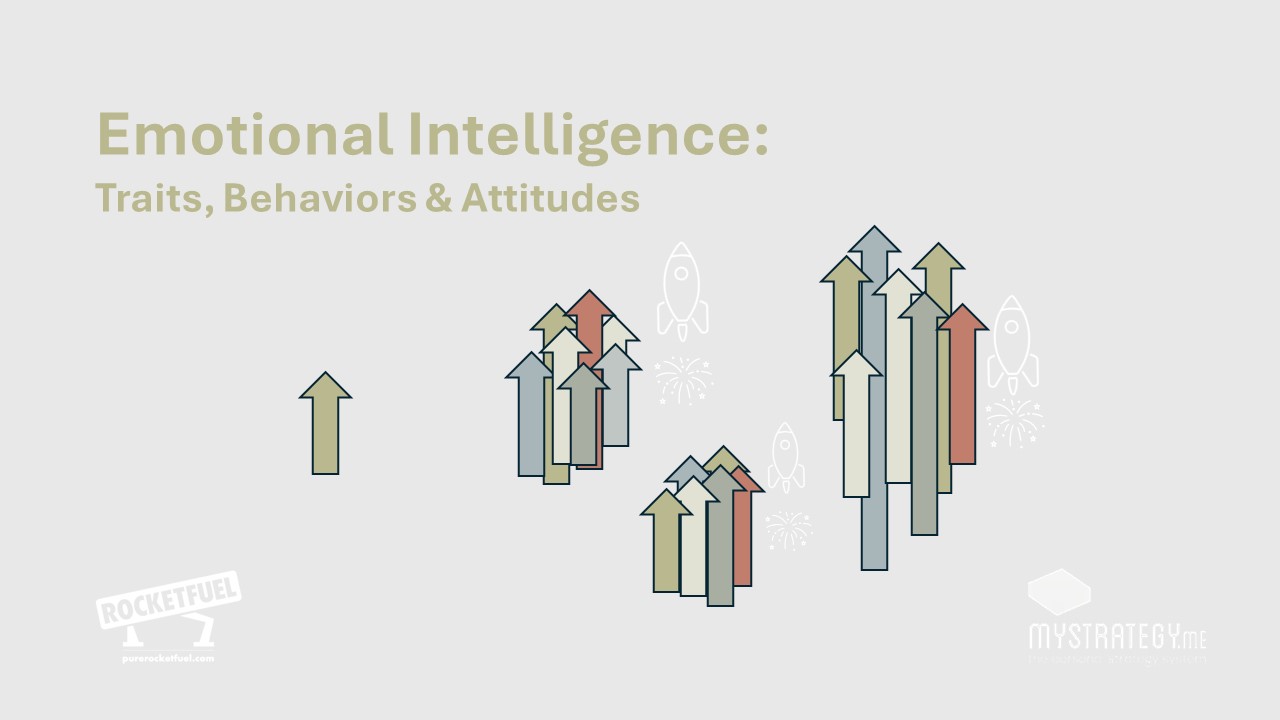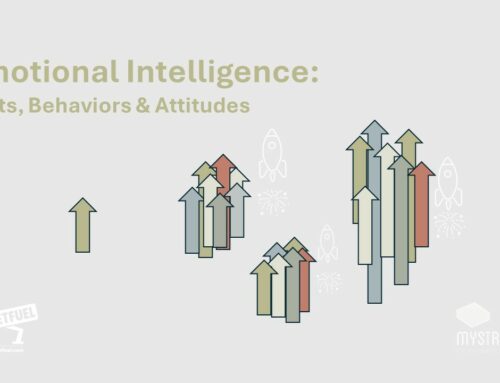
We boast of our own flexibility, but are we just talking or truly acting, wonders Leadership & Performance Coach, Davina Greene.
I’m great. I’ve read all about leadership and human traits, so I’m very flexible now – I understand people and I can adapt to pretty much every interpersonal situation imaginable. Hell, from five hundred paces I can spot whether you’re an introvert or an extrovert, a leader or a follower, a giver or a taker, an empath or a sociopath. Sometimes, I almost think I’m psychic.
But that guy I work with, if only he could be a little more empathetic. I mean, he let me work from home for a week when my dog died and I was inconsolable. He gave me an under-the-radar half-day one Friday when I was particularly exhausted, and he really helped me sort out that problem with Anna the other day when we were both so irritated we couldn’t even listen to each other anymore (really, how did he get to the crux of the problem so quickly and so nicely?). But, when I was tired yesterday and snapped at someone, he took me aside and told me it “wasn’t a great approach”. I mean, the nerve! If he could just be a little bit more understanding, I could say he was a Very Good Manager.
Understanding Flexibility
The above is an amalgam of so many real conversations about Very Good Managers, Very Good Partners, Very Good Children…anything with a pulse, really. Something has gone a bit wrong, I fear. The positive act of people becoming more aware of behavioral vocabulary, and of themselves, seems to have shifted many people away from flexibility and understanding. “I now have the knowledge to tweak other people into a state of perfection” becomes the mindset (but never to even temporarily tweak ourselves, of course, because we’re already perfect – just misunderstood). And that’s not emotional intelligence.
The guy described in the above example is a dream – assuming he can get the tasks done, too. It sounds like he has a really good grasp of the human angle and can apply responsibly creative thinking to people deserving of his flexibility. But, during my coaching conversations, this guy is almost never appreciated. Only the thing he didn’t do gets remembered. In short: does anyone stand a chance anymore?
Reflecting on your Flexibility
How quickly do you decide that someone is sub-par? How well do you live by the universal Golden Rule, mainly communicated in our culture as ‘Do Unto Others’? Think how you’d feel if, despite your general best efforts and broad flexibility, you were picked and picked and picked at because someone deems you not-quite-perfect – probably behind your back.
Now, consider if you are doing just that to anyone right now. Silently, every day, in your own head, how many points do you award to people for (what you’d consider) the right behavior? One per act? OK. And when they annoy you, how many do you deduct – also just one? Or every single goodwill point they have built up with you since time began? Does your approach seem fair?
Behavioral flexibility means the ability to change as needed, not “to become perfect”. In business, managers aim to master Situational Leadership or Situational Management. Daft, isn’t it, considering we’re all supposed to be adults who hold, and respect, differences throughout the entirety of our lives, not just in work? Surely, as adults, we should know – and be implementing – such practices already. But no.
It means understanding that your behaviors affect your prospects: if your manager moves up, then perhaps you’re expecting to fill her position? Not if you’re a difficult one-trick pony, you won’t?
a) Why would she increase your power and authority if you are difficult and/or averagely-performing and/or inflexible?
b) If she is exhausted from handling your difficultness and inflexibility for a significant period of time, and has now managed to put a buffer level between you and her, why would she want to eliminate that buffer by bringing you upwards with her?
She’s only human, and she’s entitled to be mindful of her own Wellness in the decisions she makes – she’d have to be a robot to want to take any other approach.
Alternatively, are you a flexible, responsive, team-building ally who does not create problems within the group and is a true “adult” in their approach to work? In which case, step on up into your new role as you and your manager continue on together into the sunset (possibly).
Behavioral flexibility means knowing how to take a deep breath when someone acts, or reacts, in a way that doesn’t necessarily match your choices – and not bitching about it to someone else afterwards, either. People have their default behaviors; if nobody is getting hurt, leave it be. Work with it: adapt, adjust, be flexible. Apply what you’ve read!
There comes a point when a person is actually doing OK and doesn’t need to be endlessly, mercilessly, unforgivingly tweaked. That includes you, too.
Key Points On Behavioral Flexibility
It’s nobody’s job to adapt to suit you 100%, to ‘perform’ for you – and vice versa.
Flexibility means actual, situation-specific change by you; not you pointing out inflexibilities in others.
That someone doesn’t continuously ‘roll over’ for you doesn’t mean they are inflexible.
Set a perspective-shift in motion: learn to truly enjoy the differences in people.
Interested in investing in your own personal – and personal strategy – development? Check out www.MyStrategy.me!
Share This!
About the Author



